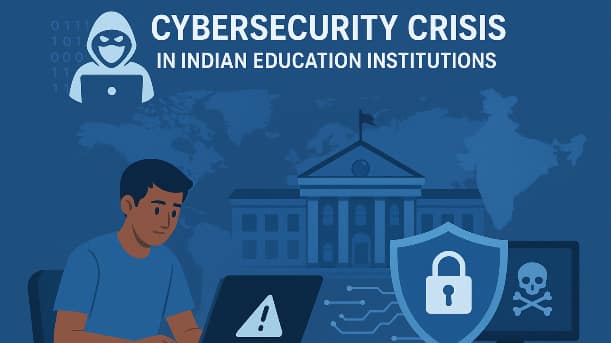CyberPeace reveals glaring vulnerabilities in India’s higher education system; Launches the Cyber First Responder programme as a countermeasure.

CyberPeace, a worldwide non-profit with its headquarters in India, has issued a new report predicting an intensifying cybersecurity crisis within India’s higher education system. The report, Exploring Cyber Threats and Digital Risks to Indian Education Institutions, was announced during the introduction of a Cyber First Responder programme at an event on Cyber Resilience and AI Safety, hosted in association with DELNET – Developing Library Network.
The nine-month pilot research (July 2023-April 2024) monitored key threat intelligence throughout the country’s education system. It identified 200,000 instances of cyberattacks against institutions, which were both domestic and international in origin.
Researchers found more than 8000 distinct usernames and 54000 distinct passwords in brute-force attacks. The usual targets were ‘root’ and ‘admin’, and weak passwords like ‘123456’ and ‘password’ continued to be widely used. Indian educational institutions are estimated to be five times more susceptible to data breaches than their peers with tighter security measures.
Vineet Kumar, Founder and CyberPeace's Global President, cautioned that if digitization is not adequately secured, institutions are vulnerable to impersonation frauds, AI-based phishing, data theft, leakage of exam papers, and trading of credentials on the darknet. "Innovation cannot take root without cyber resilience," he said.
The document calls on educational institutions to prioritize the protection of intellectual property and data of students, pointing out that the frequency, complexity, and magnitude of online threats are growing at a very rapid rate.
Cyber First Responder, a Google.org-supported initiative, strives to equip students, library and information science professionals, faculty, and administrative staff with necessary cybersecurity capabilities. The objective is to provide a secure digital ecosystem in educational institutions and enhance the ability to resist cyberattacks, artificial intelligence misuse, and deepfakes.
By continuing you agree to our Privacy Policy & Terms & Conditions
